Toyota confirms on-road driverless car trials
The car manufacturer tested out a Lexus GS in Japan
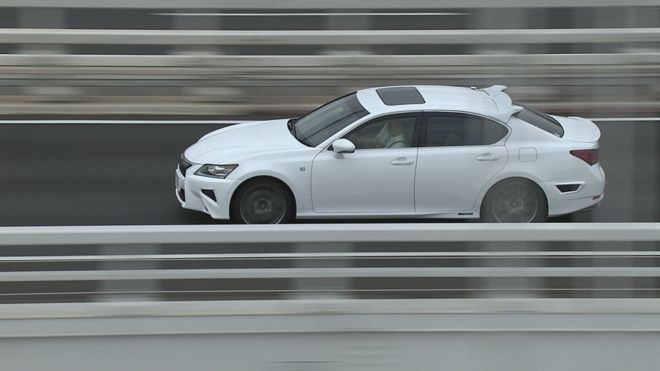

Toyota has confirmed it is testing driverless cars in Japan, announcing it used a modified version of its premium-brand Lexus GS on Tokyo's Shuto Expressway.
The car carried out a number of manoeuvres, including changing lanes successfully and keeping its distance from other cars on the road.
The Lexus GS prototype integrates a number of external sensors to recognise any hazards nearby or in its line of sight and then reacts appropriately by adjusting the steering, accelerator and brakes in a natural way.
It also automatically selects which would be the best lane to use and how to get to its destination using the data fed back from the sensors, the location and final destination.
However, the current Lexus GS prototype can only be used on main roads because it's not as sophisticated as it would need to be in order to make operating independently, without a driver, safe.
Toyota is hoping to have launched other related projects into the mainstream by the time is hosts the Olympic Games in 2020.
The company joins a number of other car manufacturers and tech businesses currently testing driverless cars, including Google in the US and Ford and Jaguar Landrover, which jointly launched a four-city trial in the UK.
Get the ITPro daily newsletter
Sign up today and you will receive a free copy of our Future Focus 2025 report - the leading guidance on AI, cybersecurity and other IT challenges as per 700+ senior executives
In July, the UK government launched a driverless vehicle research project to help boost the country's position in such technologies. The 20m initiative is being led by the Department for Transport and Department for Business, Innovation and Skills (BIS), which have jointly created the Centre for Connected and Autonomous Vehicles (C-CAV).
Business secretary Sajid Javid said at the launch of the programme: "To boost productivity, Britain will need to capitalise on new technologies like driverless vehicles, securing high skilled jobs for those who want to work hard and get on, and contributing to a more prosperous future for the whole of the country."

Clare is the founder of Blue Cactus Digital, a digital marketing company that helps ethical and sustainability-focused businesses grow their customer base.
Prior to becoming a marketer, Clare was a journalist, working at a range of mobile device-focused outlets including Know Your Mobile before moving into freelance life.
As a freelance writer, she drew on her expertise in mobility to write features and guides for ITPro, as well as regularly writing news stories on a wide range of topics.
-
 Why cutting-edge innovation is killing the planet
Why cutting-edge innovation is killing the planetIn-depth AI and robots will do our work, we’ll get paid in cryptocurrency, and cars will drive themselves – but each of these technologies is a massive energy hog
By Nicole Kobie
-
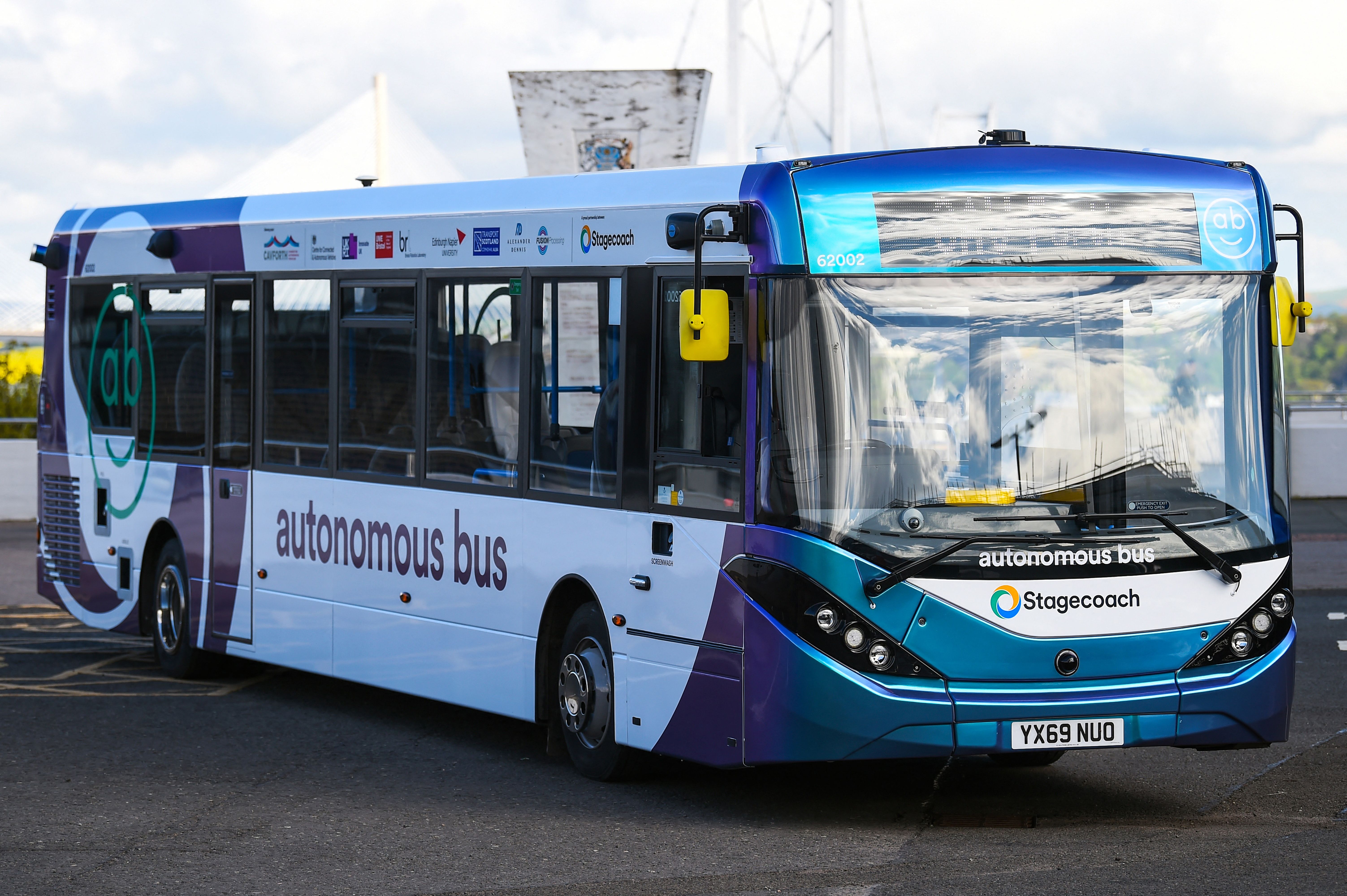 Meet the CAVForth project: The world's first autonomous bus
Meet the CAVForth project: The world's first autonomous busCase Study Edinburgh's AB1 route, in Scotland, lets the public catch a ride on an self-driving bus over the Forth Road Bridge. But is this really the future of public transit?
By Nicole Kobie
-
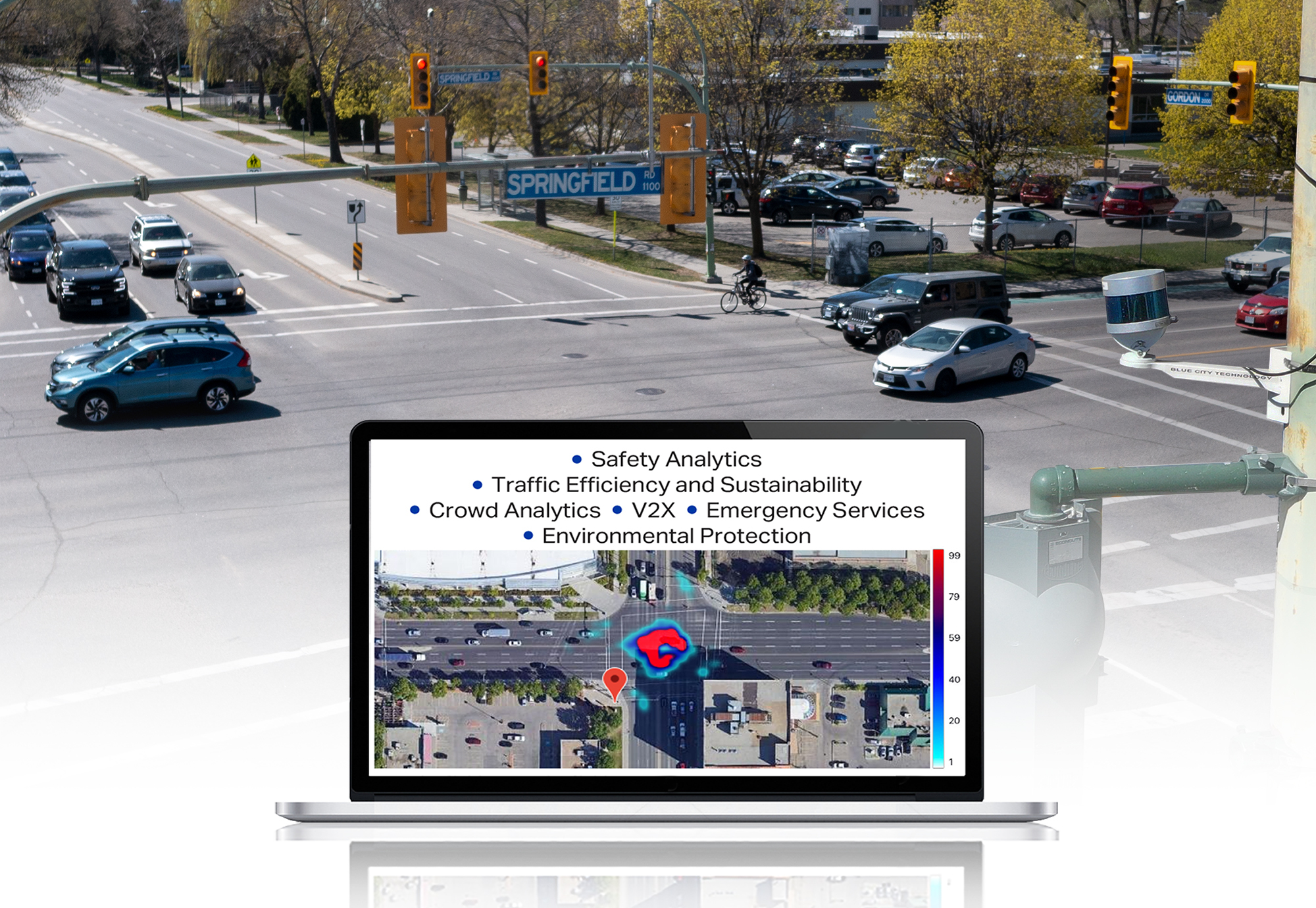 UC Irvine selects Velodyne Lidar’s traffic-monitoring solution
UC Irvine selects Velodyne Lidar’s traffic-monitoring solutionNews HIMaC² will leverage Velodyne’s Intelligent Infrastructure Solution to improve road traffic safety and efficiency
By Praharsha Anand
-
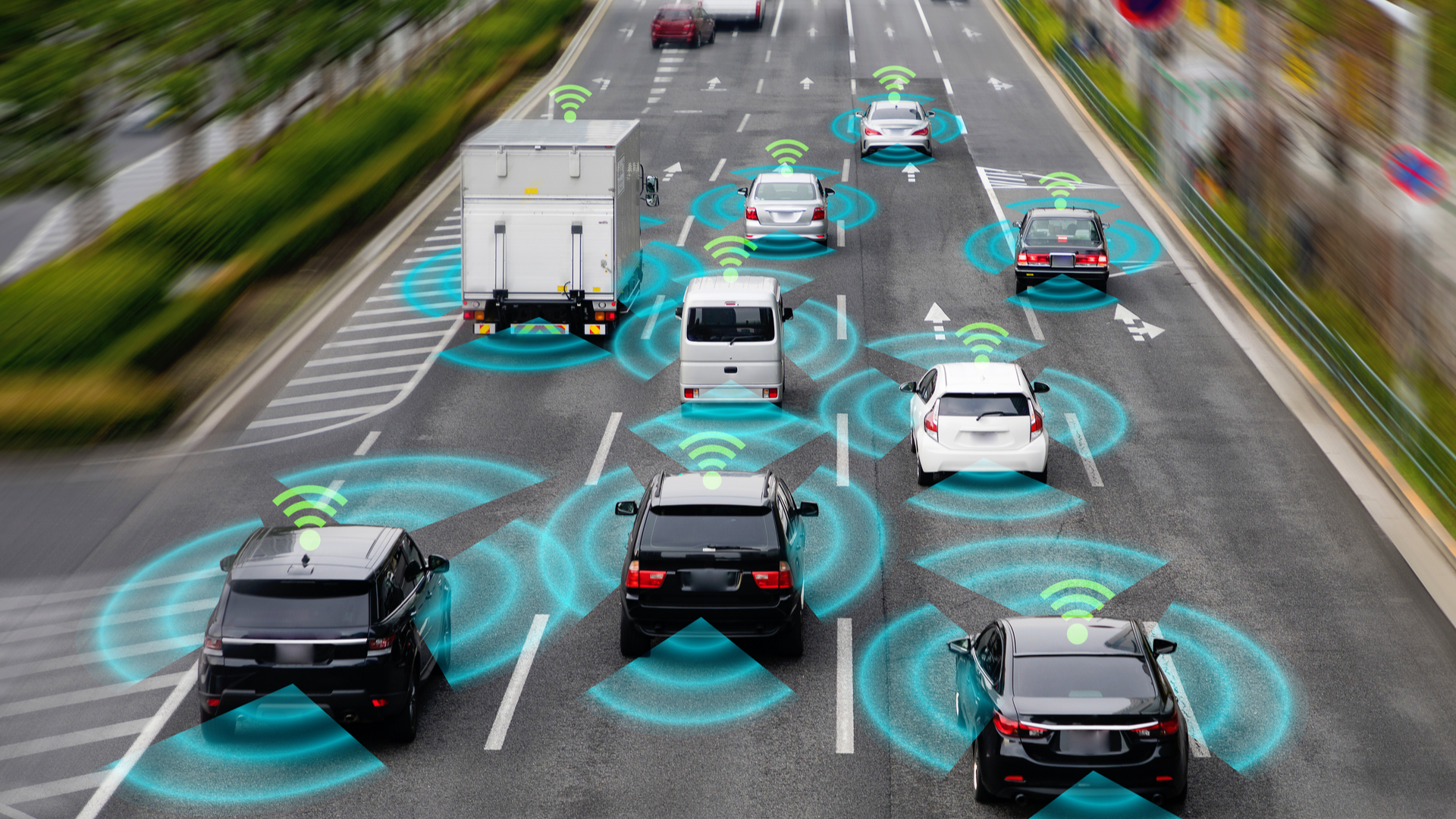 Sonatus secures $35 billion to spur software-defined vehicles
Sonatus secures $35 billion to spur software-defined vehiclesNews The funding will be used to turn cars into data centers on wheels
By IT Pro
-
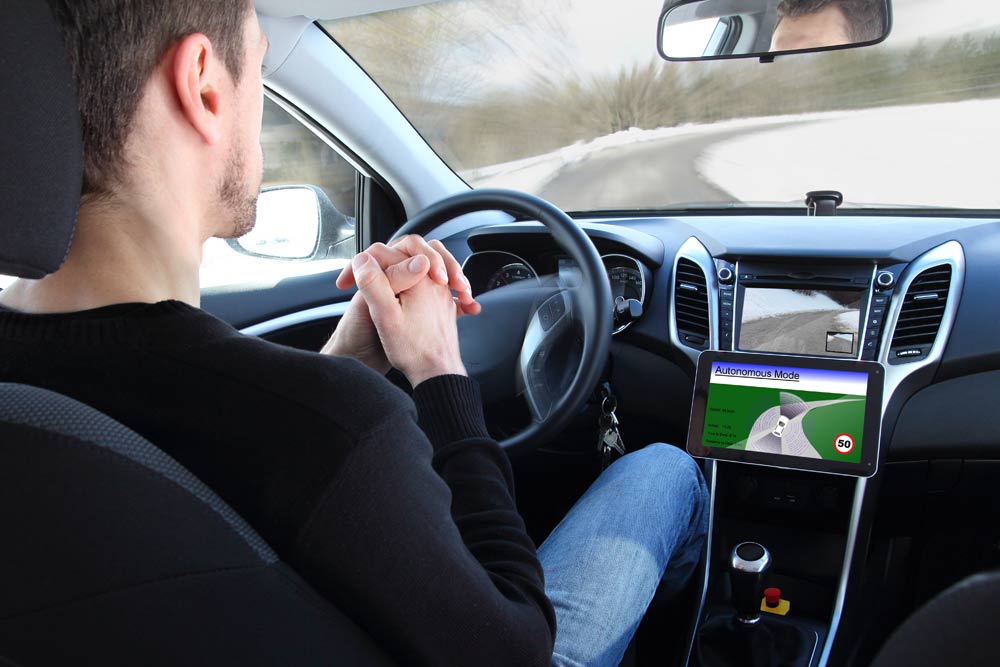 Oculii raises $55 million for its AI-powered radar software
Oculii raises $55 million for its AI-powered radar softwareNews The VAI platform by Oculii improves the angular resolution of any radar by up to 100 times
By Praharsha Anand
-
 UK gov to allow self-driving cars on motorways this year
UK gov to allow self-driving cars on motorways this yearNews Automated Lane Keeping Systems to be legally defined as 'self-driving' as a cautious first step to allowing fully autonomous cars on UK roads
By Bobby Hellard
-
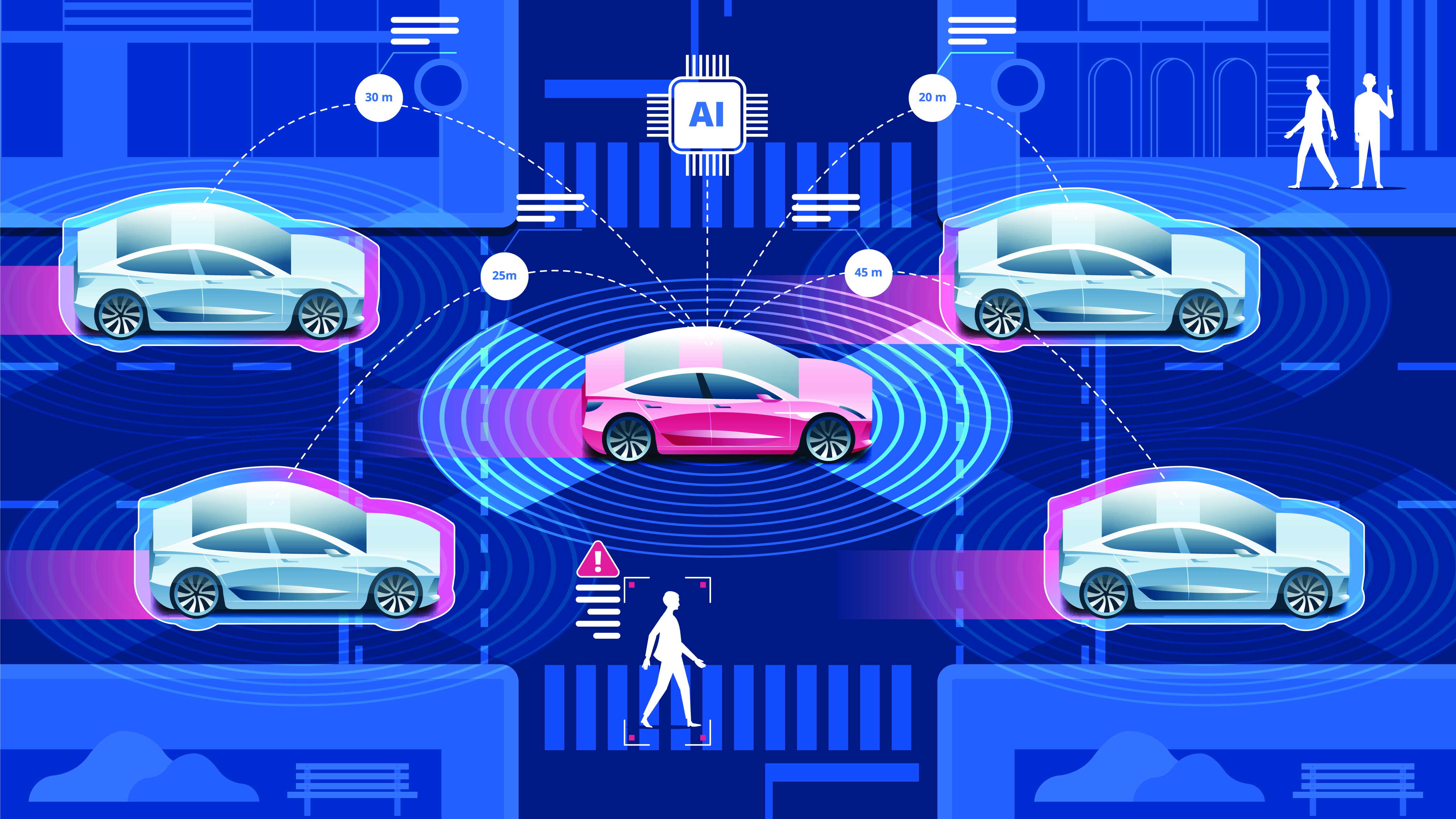 ZF augments vehicle intelligence with next-gen AI supercomputer
ZF augments vehicle intelligence with next-gen AI supercomputerNews New ZF ProAI packs a punch with up to 66% more computing power than its predecessor
By Praharsha Anand
-
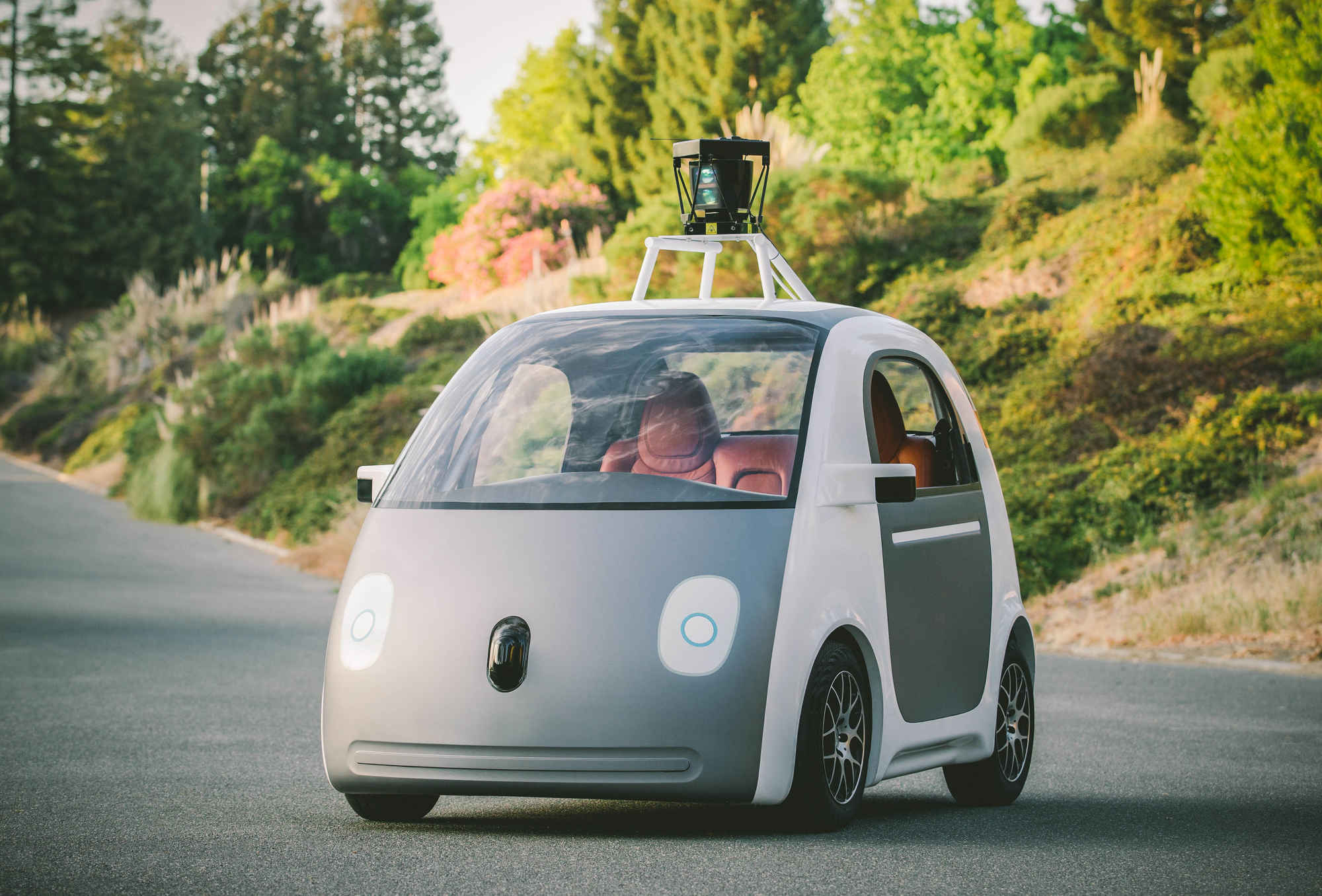 Why driverless cars don't belong on public roads (yet)
Why driverless cars don't belong on public roads (yet)Opinion Autonomous vehicles still can't account for human error
By Jane McCallion

